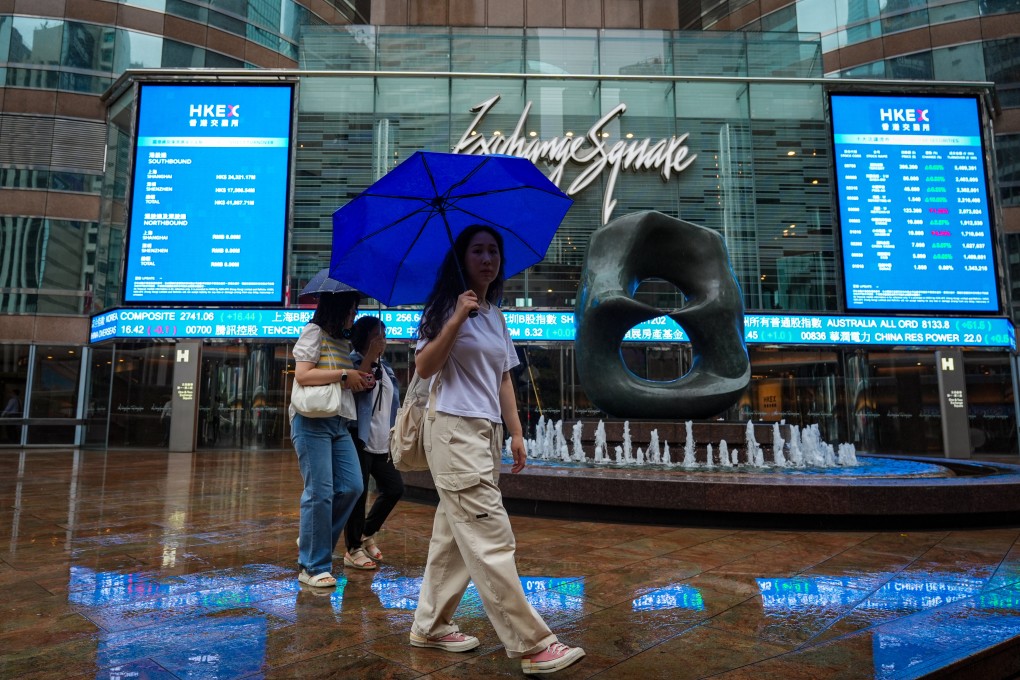Hong Kong stocks slip after surprise contraction in China’s factory activity
- Weak demand and persistent deflation will continue weighing on Chinese share prices, with limited upside in the near term, according to BCA Research

The Hang Seng Index declined 0.2 per cent to 17,304.96 on Thursday giving back some of the 2 per cent gain posted on Wednesday. The Tech Index dropped 1.2 per cent, while the Shanghai Composite Index lost 0.2 per cent.
Among markets heavyweights, e-commerce platform operator JD.com retreated 3.9 per cent to HK$99.95, game developer NetEase dropped 1.9 per cent to HK$143.40 and lender HSBC slid 2.4 per cent to HK$68.25. Longfor tumbled 5.4 per cent to HK$9.61 and China Resources Land lost 3.4 per cent to HK$22.65, leading declines in mainland developers.
Meanwhile, property sales also remained on a weakening trajectory in July. The top 100 property developers’ contracted sales registered a 20.5 per cent decline last month, following a 21.8 per cent decrease in June, according to the China Real Estate Information Corporation (CRIC).
“Weak demand and persistent deflation will continue weighing on Chinese share prices,” Jing Sima, China strategist at BCA Research, said in a webinar on Wednesday. “At least for the next six months, we’re not seeing much upside.”
